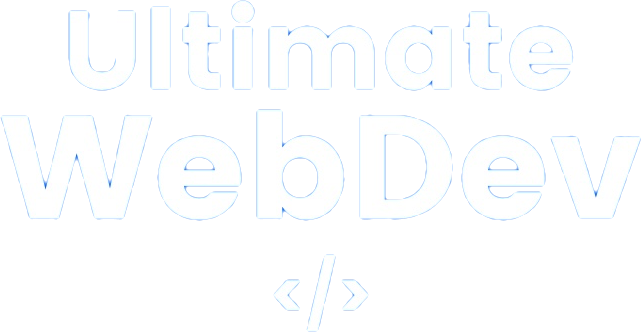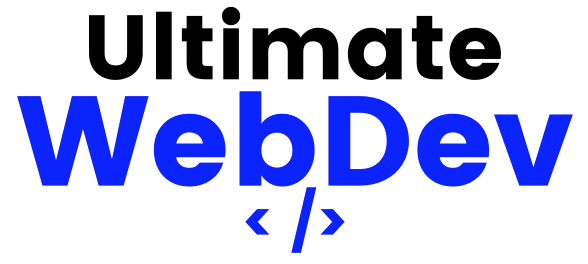Wordpress - CMS
WordPress stands as the catalyst that empowers individuals and businesses to bring their digital visions to life. It’s an open-source content management system (CMS) that revolutionizes website creation and management, making web publishing accessible to everyone, from bloggers to enterprises.
Imagine WordPress as the canvas for digital artists. With its user-friendly interface, it provides the tools to paint vibrant online landscapes without the need for extensive coding knowledge.
At its core, WordPress offers a framework that allows users to build websites and manage content seamlessly. It operates through themes, which define the visual design, and plugins, which add functionalities like contact forms, e-commerce, and social media integration.
WordPress’s flexibility is its defining feature. With thousands of themes and plugins available, users can customize their websites to match their exact needs. Whether you’re a small business owner showcasing products or a passionate blogger sharing thoughts, WordPress provides the platform to amplify your voice.
Its intuitive interface makes content creation effortless. You can craft blog posts, upload images, and embed multimedia elements without delving into complex code. This democratization of web publishing empowers individuals to share their stories and ideas with a global audience.
Key Features and Capabilities of WordPress:
User-Friendly Interface: WordPress provides an intuitive and easy-to-use interface for managing website content. It doesn’t require advanced technical skills, making it accessible to beginners and experienced users alike.
Content Creation: WordPress allows users to create, edit, and publish content seamlessly. It offers a range of content types, including blog posts, pages, images, and multimedia.
Themes: Users can choose from a vast library of free and premium themes to change the look and design of their websites. These themes provide templates for various types of websites, ensuring a unique and visually appealing online presence.
Plugins: WordPress boasts a rich ecosystem of plugins—small software extensions that enhance the platform’s functionality. Users can add plugins to add features such as SEO optimization, e-commerce, social media integration, and more.
Customization: Users can customize their websites by adjusting settings, fonts, colors, and layouts. Additionally, developers can create custom themes and plugins to tailor WordPress to specific needs.
Media Management: WordPress simplifies media handling with tools for uploading, organizing, and embedding images, audio, video, and other multimedia content.
User Management: Administrators can create multiple user roles with different levels of access, ensuring collaborative content creation and site administration.
SEO-Friendly: WordPress is designed with search engine optimization (SEO) in mind, featuring features like clean code, customizable URLs, and plugins for SEO optimization.
Responsive Design: Most WordPress themes are responsive, ensuring that websites adapt to different screen sizes and devices.
Community and Support: WordPress has a large and active community of users and developers. This community provides support, resources, themes, plugins, and updates.
Common Use Cases for WordPress:
Blogs: WordPress’s origins lie in blogging, and it remains a top choice for bloggers worldwide. It simplifies the process of creating and publishing blog posts.
Websites: WordPress can power various types of websites, including personal portfolios, business websites, corporate sites, and e-commerce stores.
Online Stores: With plugins like WooCommerce, WordPress is a robust platform for building and managing e-commerce websites, enabling businesses to sell products and services online.
News and Magazine Sites: WordPress’s flexibility and support for content categorization make it suitable for creating news portals and online magazines.
Educational Platforms: WordPress can be used for creating online courses and e-learning platforms, thanks to plugins like LearnDash and LMS capabilities.
Community and Social Platforms: It can also serve as the foundation for community forums, social networks, and membership-based websites.
Non-Profit and Organizational Websites: Many non-profit organizations and community groups use WordPress to create informative and interactive websites.
WordPress is a versatile content management system that simplifies web development and content publishing. Its user-friendly interface, extensive theme and plugin ecosystem, and strong community support have made it a dominant force in the world of web publishing, powering millions of websites across various industries and use cases.

